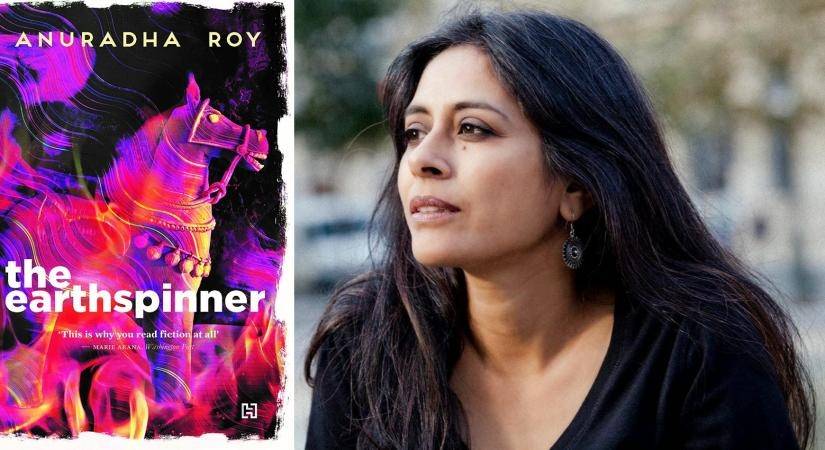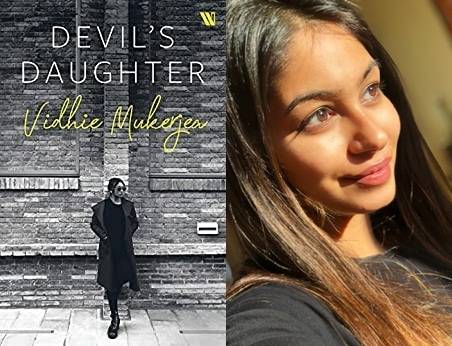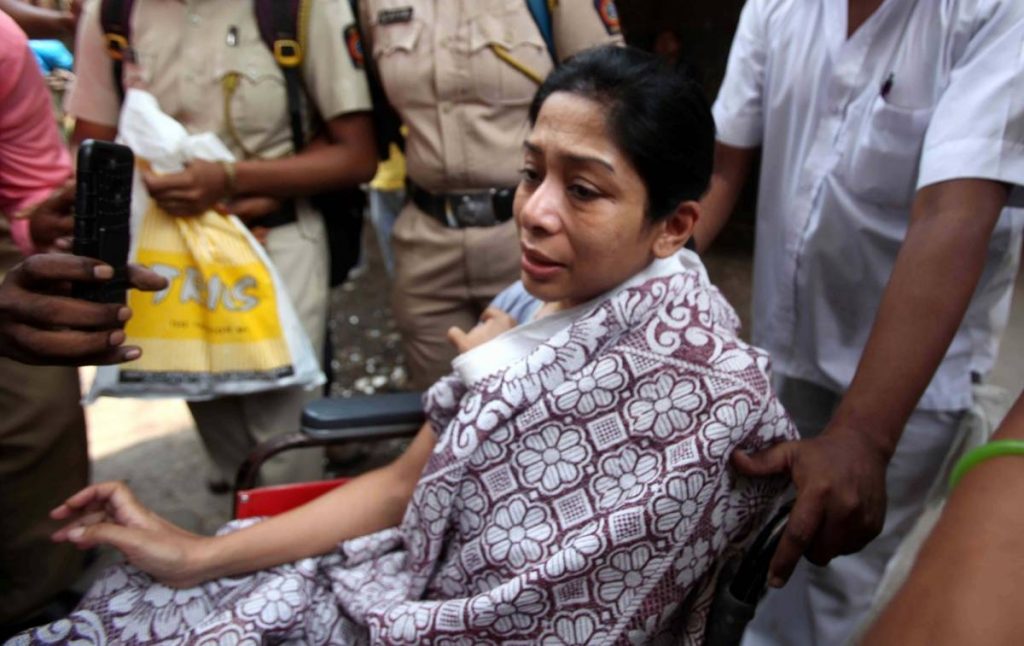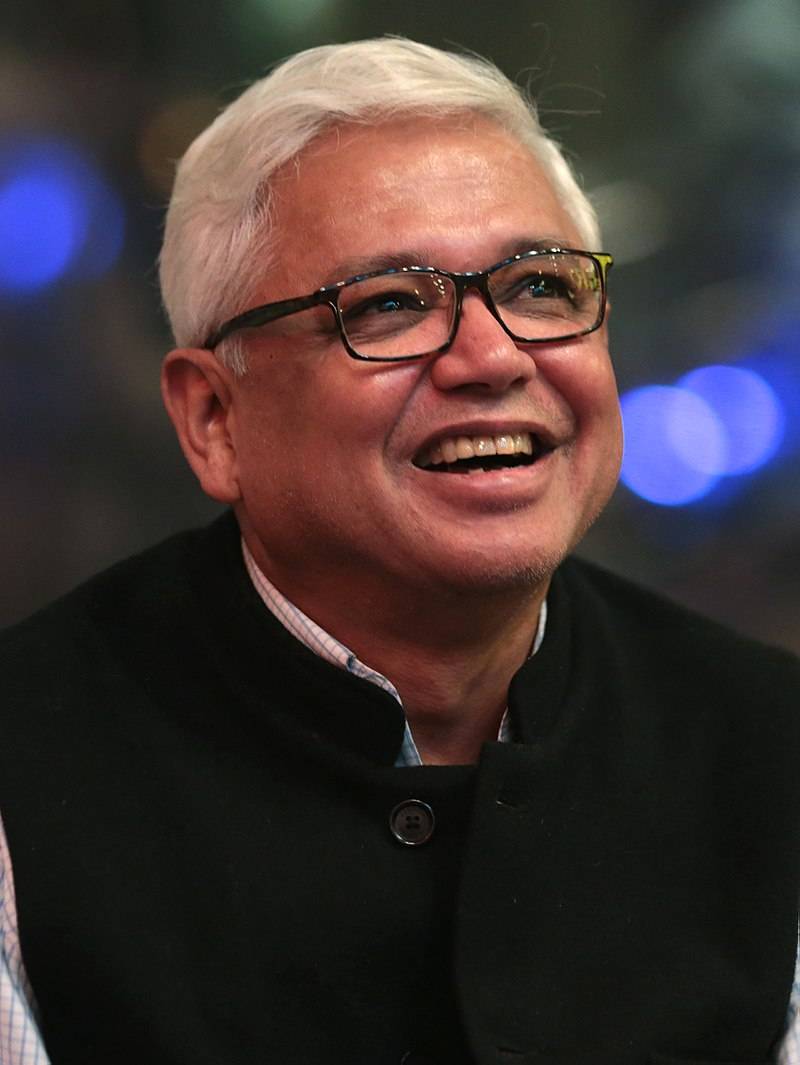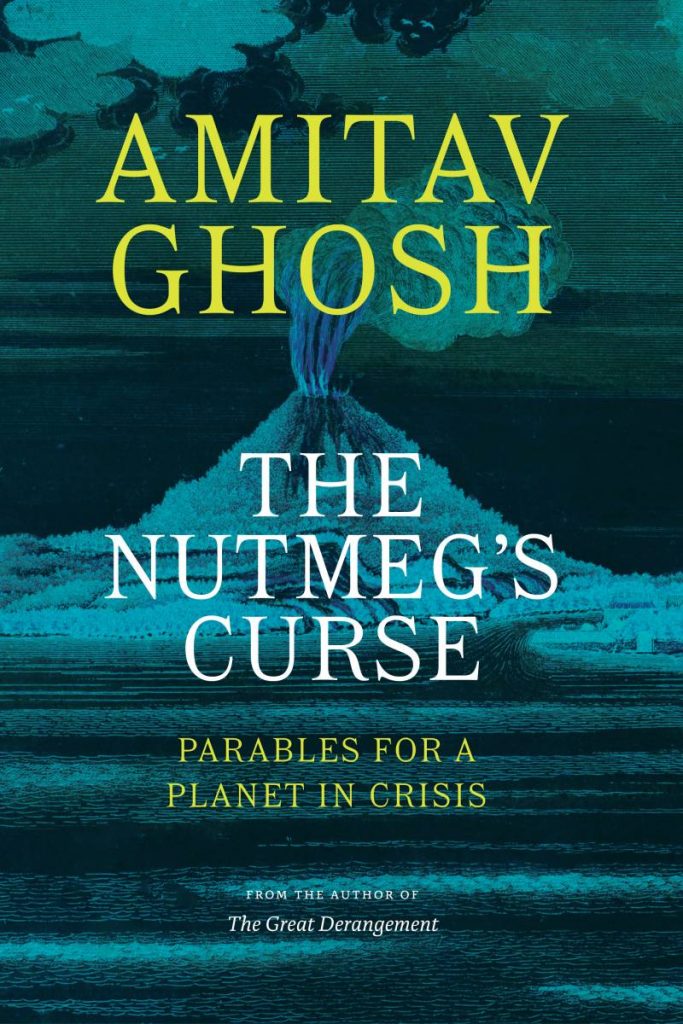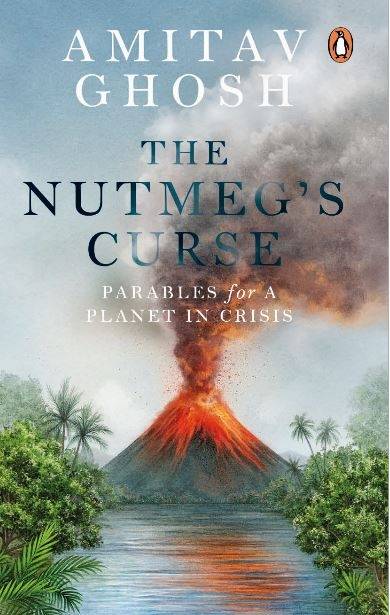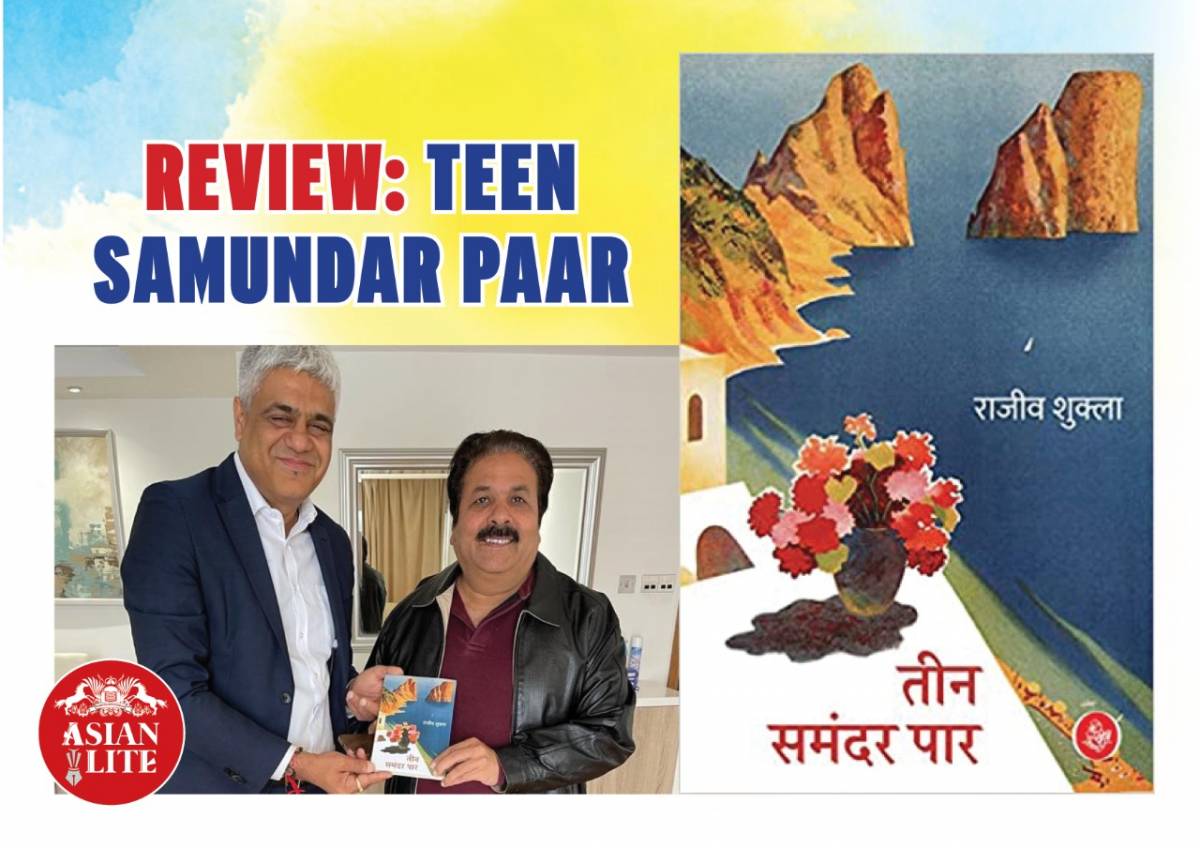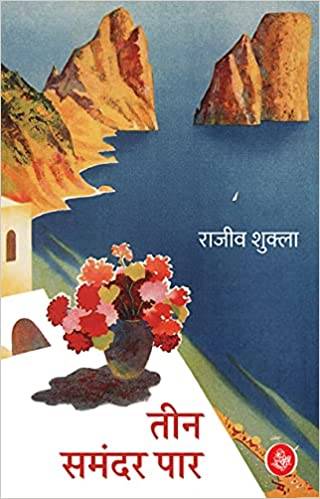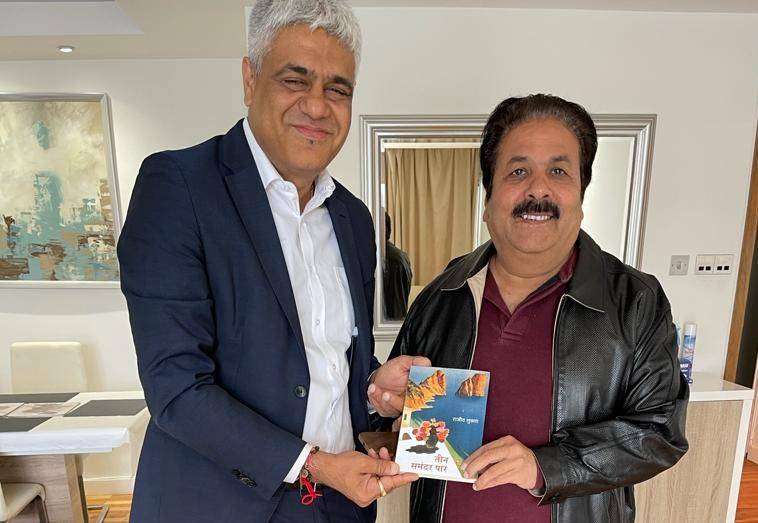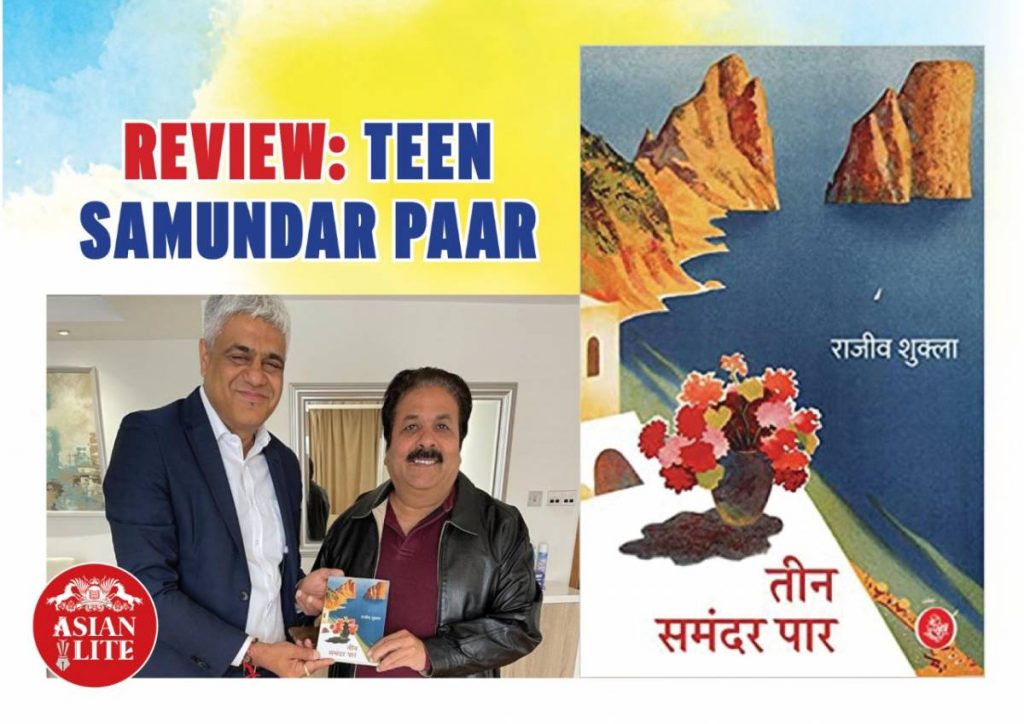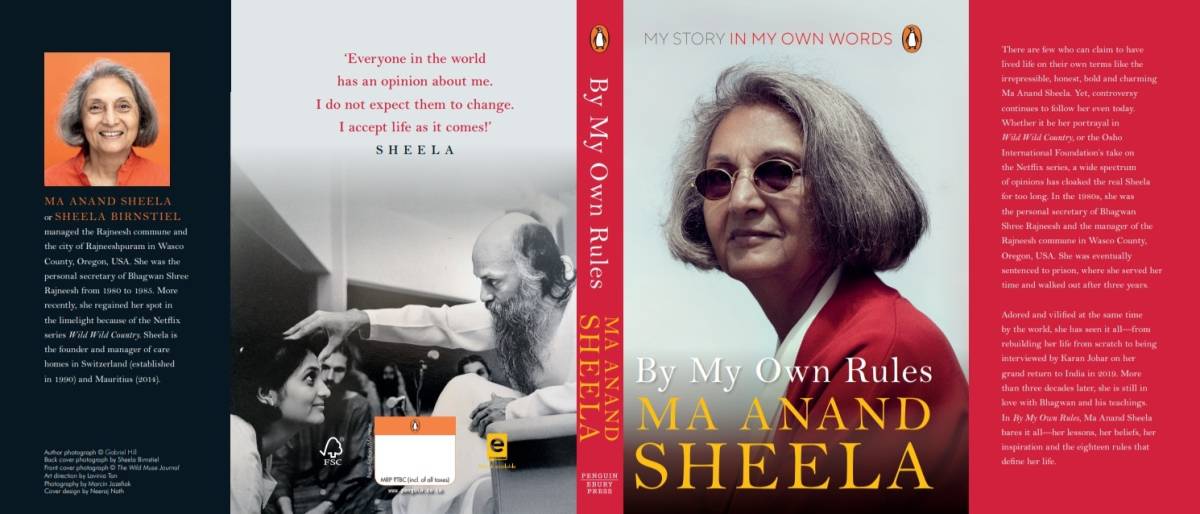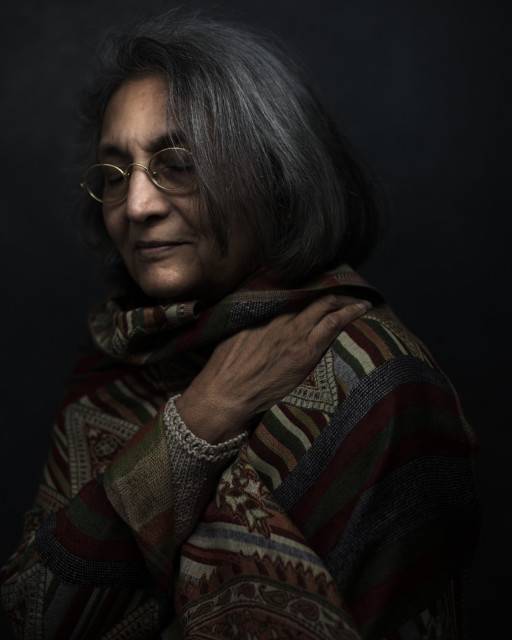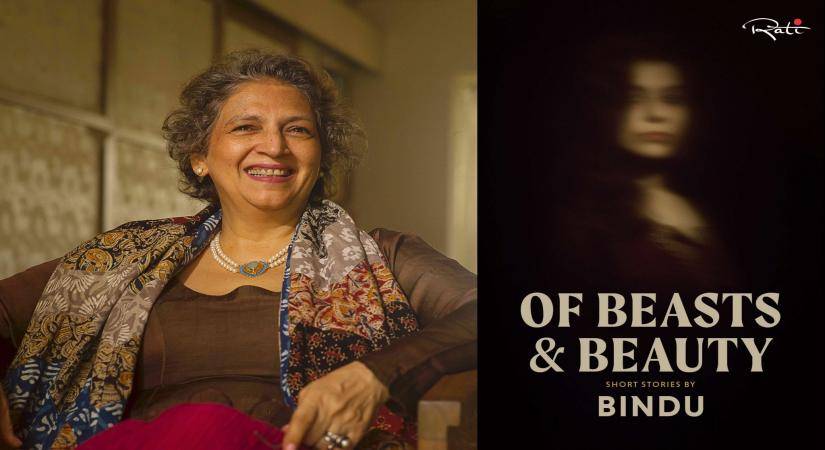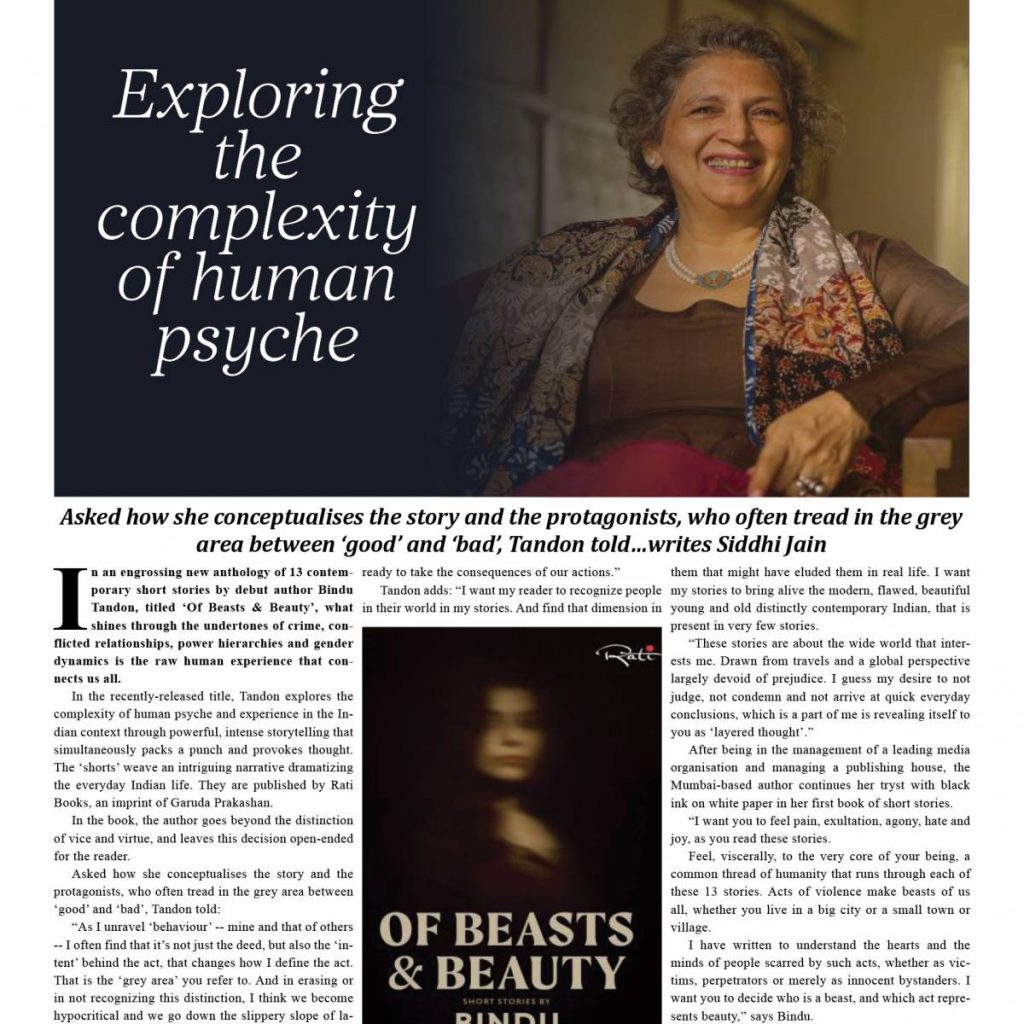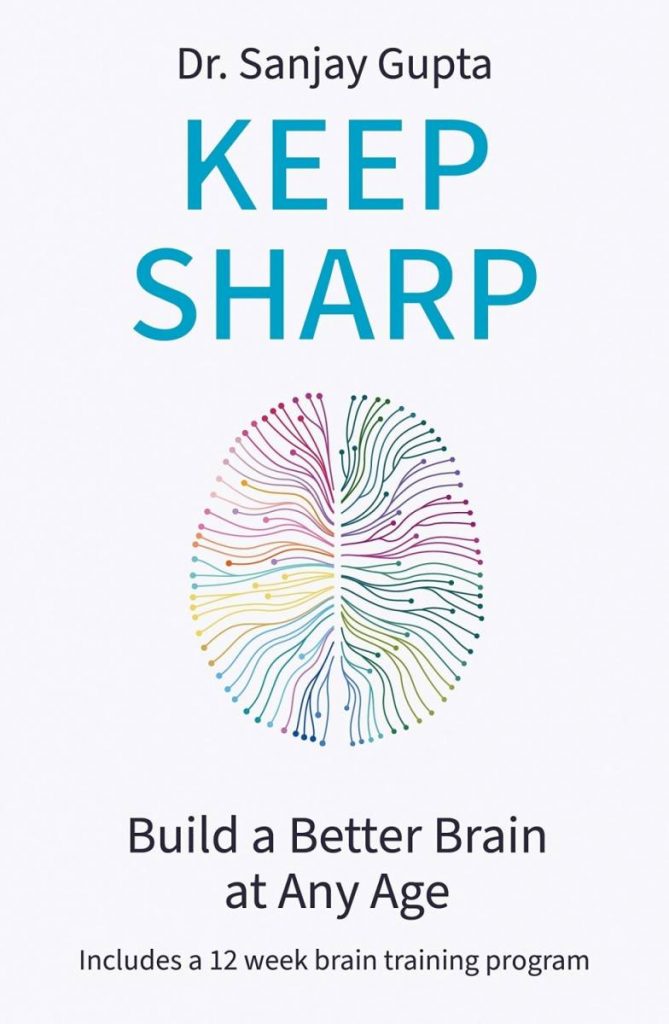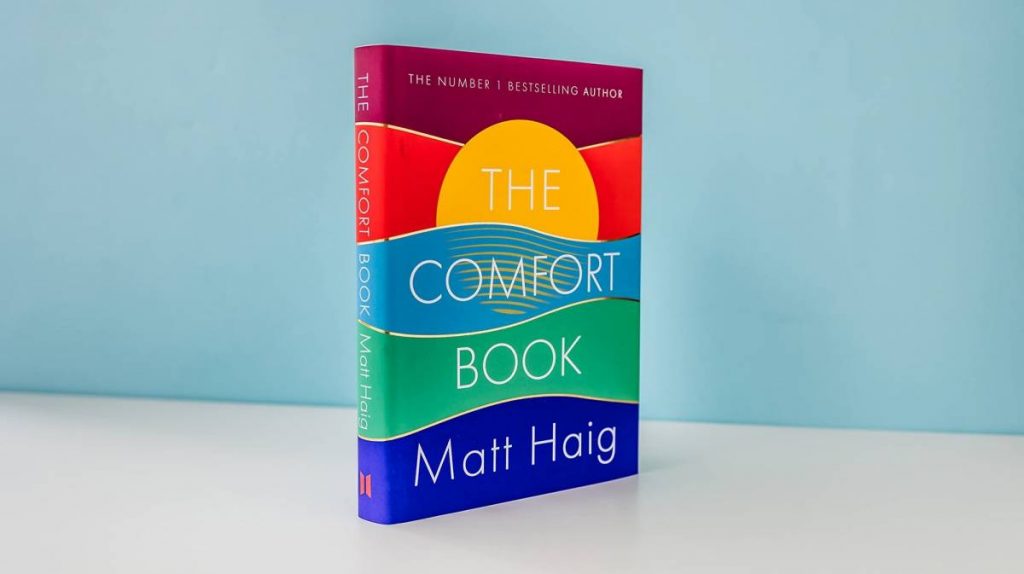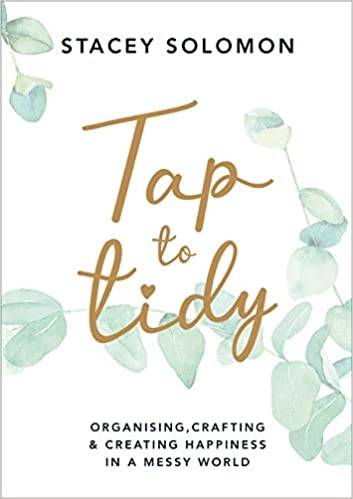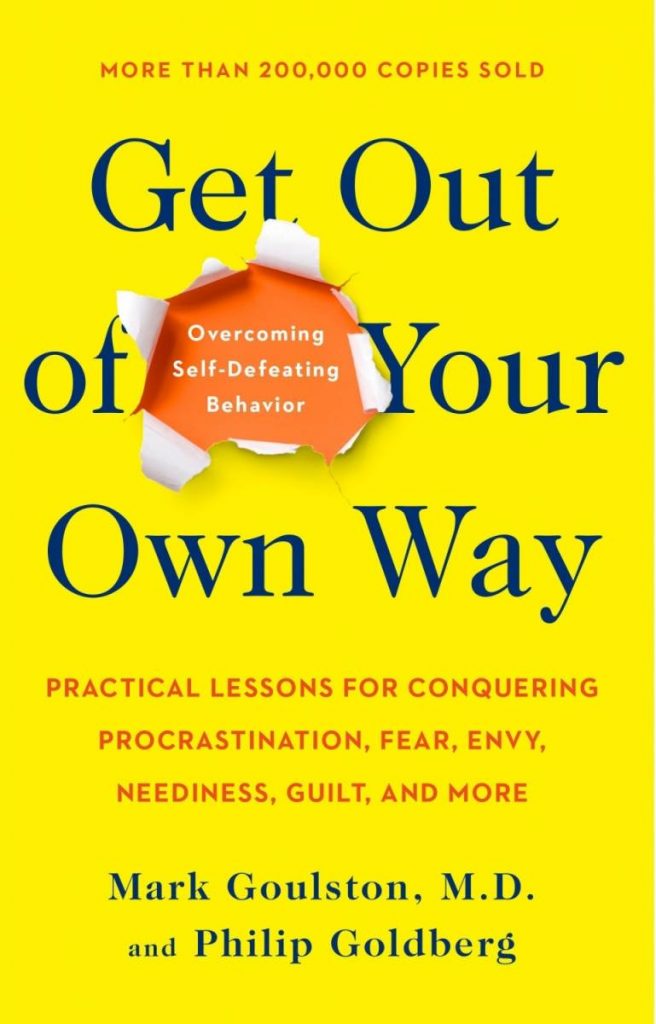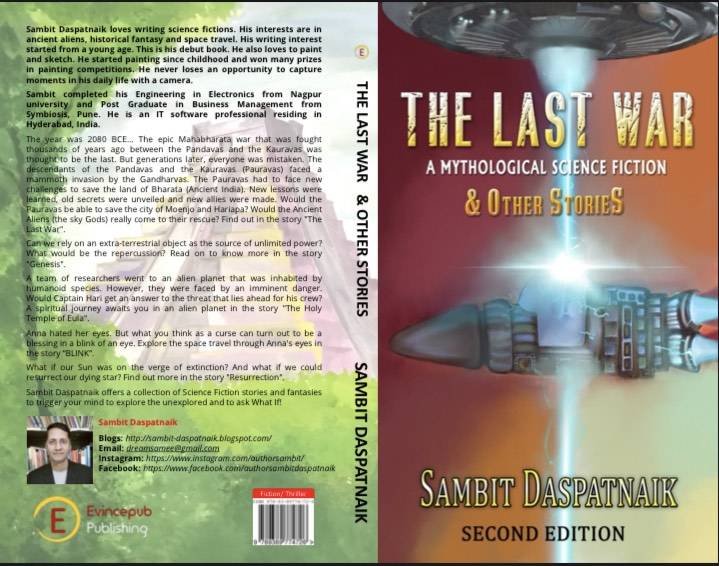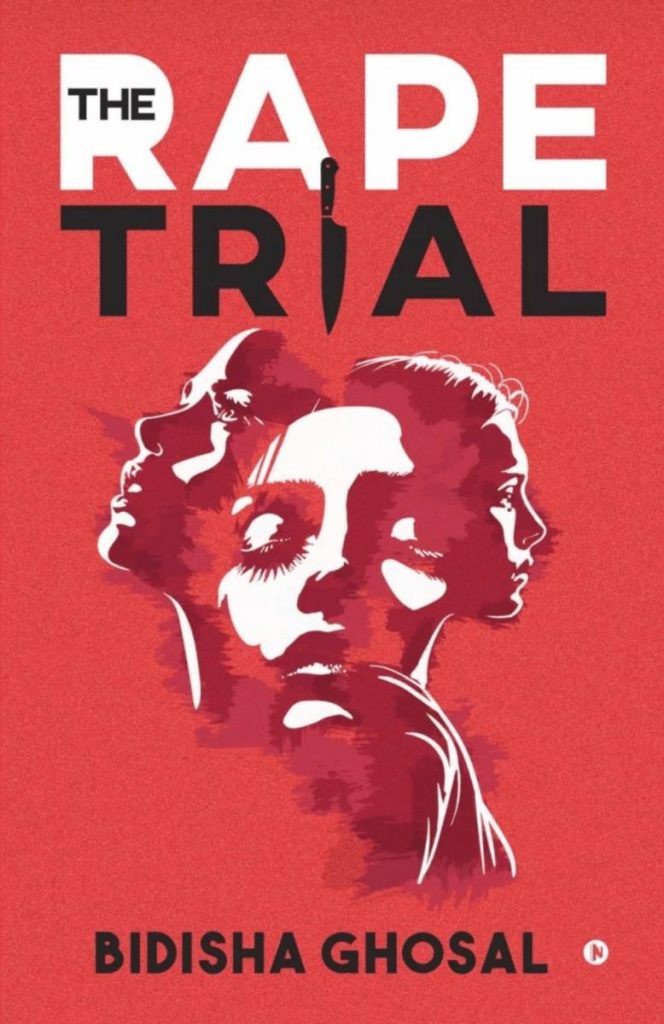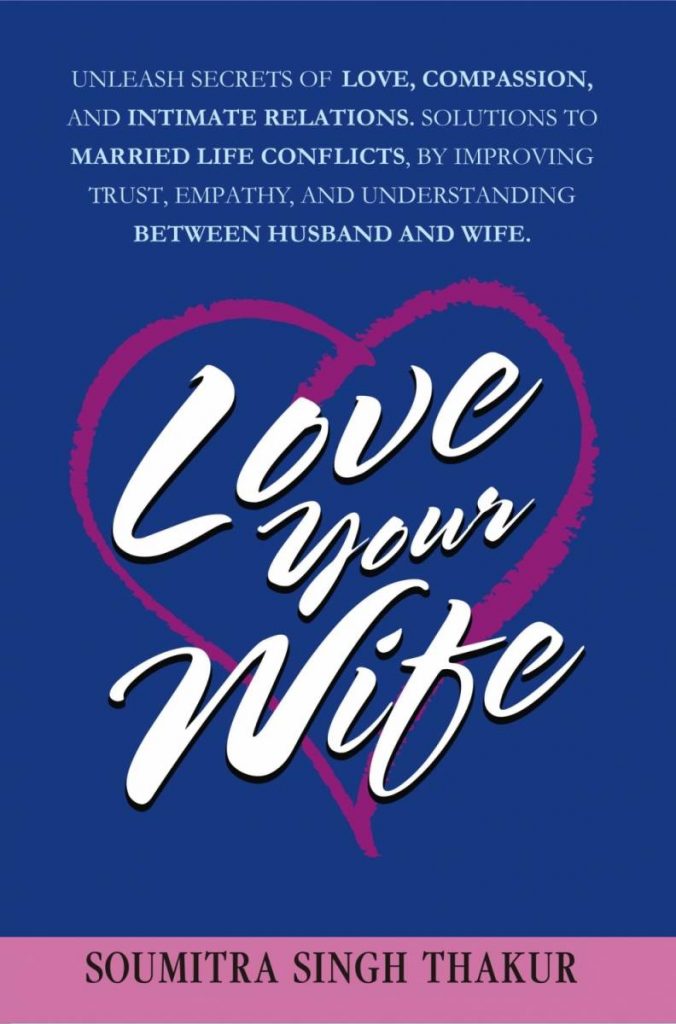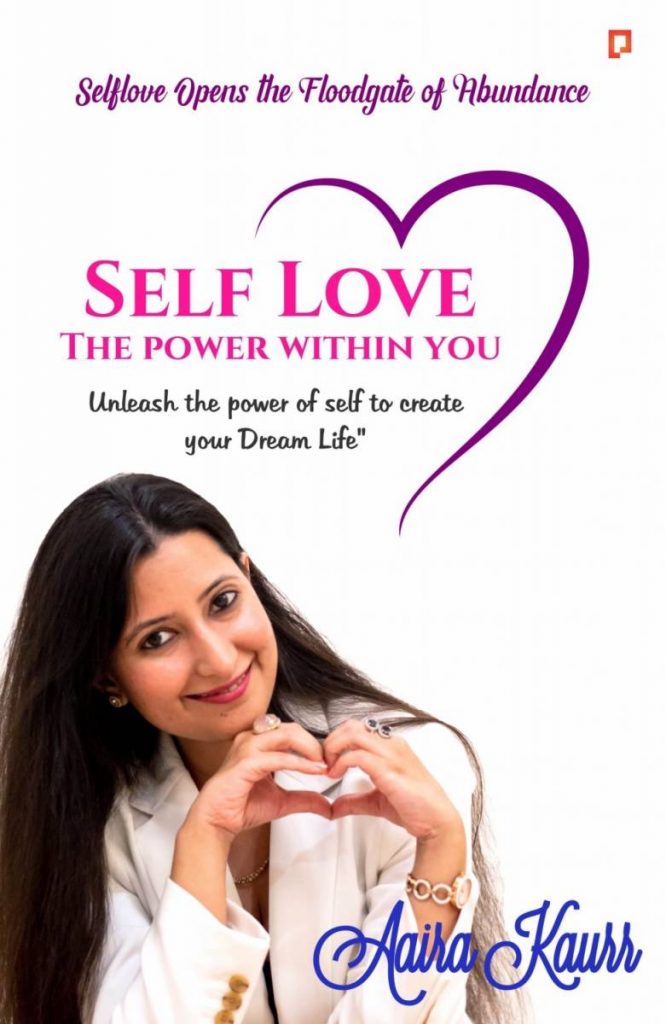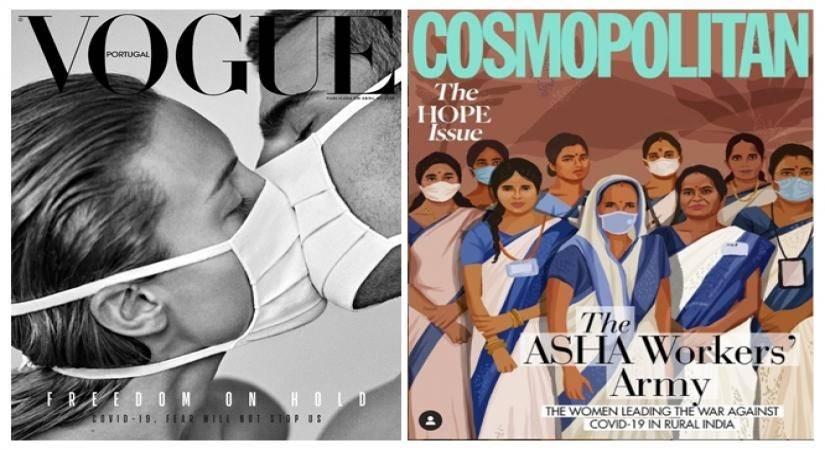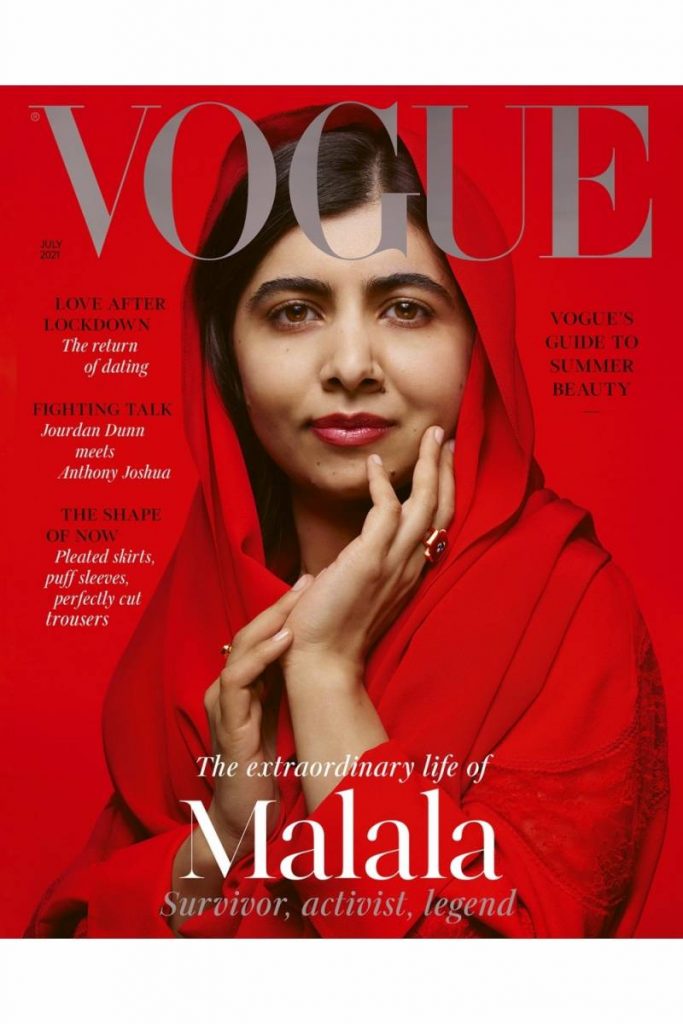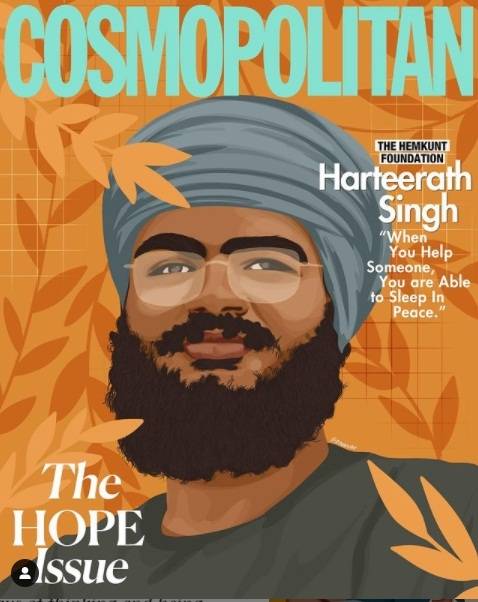Moving between India and England, ‘The Earthspinner’ reflects the many ways in which the East encounters the West…writes Siddhi Jain.
Anuradha Roy is a notable writer, journalist and editor from India. Booker Prize longlisted and internationally acclaimed, award-winning author Anuradha Roy has published her new novel ‘The Earthspinner’ in early September this year.
Published by Hachette India, the novel comes on the heels of the success of Roy’s books ‘Sleeping on Jupiter’, which won the DSC Prize for Fiction 2016 and was longlisted for the Man Booker Prize 2015, and ‘All the Lives We Never Lived’, which won the Tata Literature Live! Book of the Year Award 2018. The latter was shortlisted for the International Dublin Literary Award, the Hindu Literary Award, and the JCB Award for Literature 2019.

She has also penned ‘An Atlas of Impossible Longing’ and ‘The Folded Earth’.
In the new “searing, exquisitely crafted novel”, Roy combines her formidable power as a storyteller with her passion for pottery and her love for lost pups to craft an intricate, wrenching story about the changed ways of loving and living in the modern world.
In ‘The Earthspinner’, Roy delves into the life and mind of Elango the potter, who must navigate complicated and impossible love, the dedication of a beloved pet, his own passion for creativity and a world turned upside down by the petty violence that characterizes the present day.
“When he wakes up, Elango knows his life has changed. His dream will consume him until he gives it shape. The potter must create a terracotta horse whose beauty will be reason enough for its existence. Yet he cannot pin down from where it has galloped into his mind — the Mahabharata, or Trojan legend, or his anonymous potter-ancestors. Nor can he say where it belongs — in a temple compound, within a hotel lobby, or with Zohra, whom he despairs of ever marrying.
“The astral, indefinable force driving Elango towards forbidden love and creation has unleashed other currents. A neighbourhood girl begins her bewildering journey into adulthood, developing a complicated relationship with him. A lost dog adopts him, taking over his heart. Meanwhile, his community is driven by inflammatory passions of a different kind. Here, people, animals, and even the gods live on a knife’s edge and the consequences of daring to dream against the tide are cataclysmic,” reveals a note on the book.
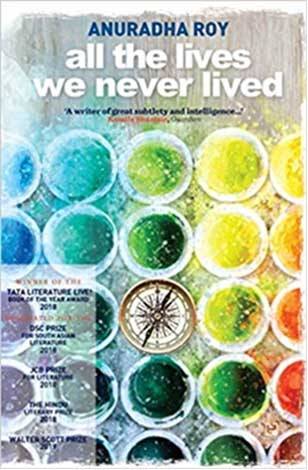
Moving between India and England, ‘The Earthspinner’ reflects the many ways in which the East encounters the West. It breathes new life into ancient myths, giving allegorical shape to the war of fanaticism against reason and the imagination. It is an intricate, wrenching novel about the changed ways of loving and living in the modern world.
Poulomi Chatterjee, Editor-in-Chief and Publisher, Hachette India tells IANSlife: “The world and work of a visionary craftsman (familiar territory for Anuradha herself) are central to the story it tells, but so are relationships of different kinds and their complex trajectory in fraught times. The lyricism and effortlessness of Anuradha’s storytelling, which has won her accolades and acclaim in the past, will without doubt draw readers deep into the world of its characters. We at Hachette India are delighted and proud to be publishing yet another of Anuradha’s gems.”
ALSO READ-Five books for your summer reading list

